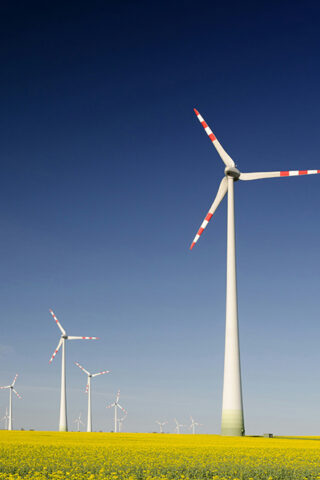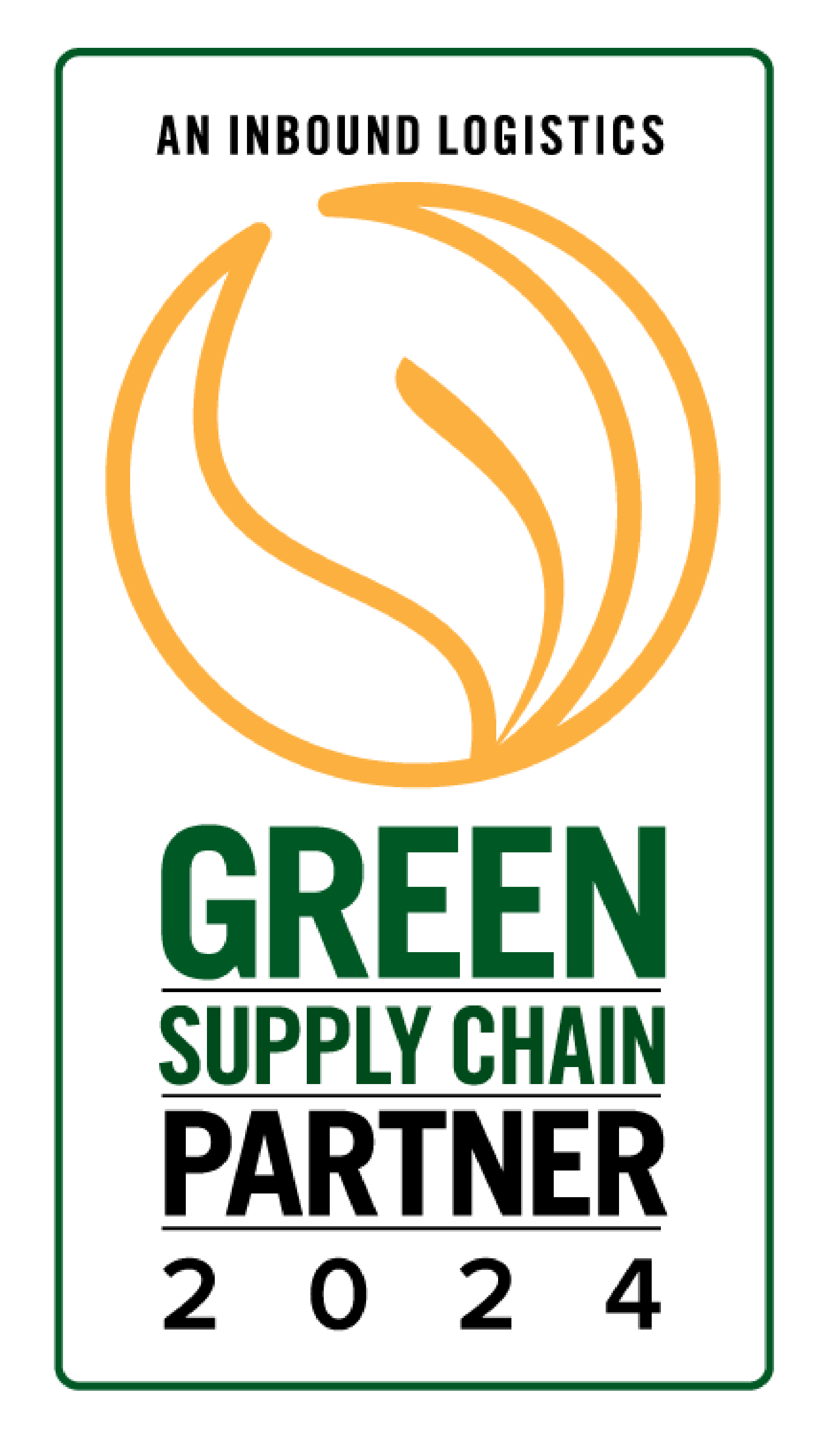Waste and circular economy actions contribute to reducing the need for new primary materials and the associated greenhouse gas emissions linked to the extraction and processing of resources. Including circular economy and waste activities in the reporting on climate change mitigation policies and measures can help provide a fuller account of a country’s mitigation efforts. This approach can further reveal policy opportunities to unlock additional emission reductions and help countries reach their net-zero targets.
February 22, 2024, European Environment Agency
Achieving the EU’s 2050 net-zero climate target demands actions across economic sectors. These include those actions related to materials and how we produce, use, re-circulate and dispose of them. In this briefing, we explore this dimension further by analysing how European countries include circular economy and waste actions[2] in their reporting on climate change mitigation policies and measures (PaMs)[3] and how the introduction of additional measures can help accelerate future reductions of GHG emissions.
Waste management and the circular economy hold considerable potential for mitigating climate change. Therefore, countries would benefit from including PaMs in these areas as part of their climate policy mix.
The inclusion of such measures in national climate change mitigation reporting can also provide a more comprehensive and transparent account of countries’ climate PaMs. This integration can help reveal key areas where countries could increase mitigation efforts while also increasing circularity and improving waste management. Guidelines for improving interlinkages between these two policy areas and for modelling the national decarbonisation potential of a circular economy are at the end of this briefing.
The briefing is based on the European Topic Centre (ETC) ‘Circular economy and resource use’ and ‘Climate change mitigation’ technical reports Circular economy and climate change mitigation — analysis and guidance on including circular economy (CE) actions into climate change mitigation reporting and policy making and Climate change mitigation through policies on waste — intersectoral analysis.
Circular economy’s potential key role in climate change mitigation
The International Resource Panel (IRP, 2019) highlights that the extraction and processing of materials (fossil fuels, biomass, metals and non-metallic minerals) account for around 50% of global GHG emissions. A key aim of the circular economy is to retain the value of products and materials in use for as long as possible.







